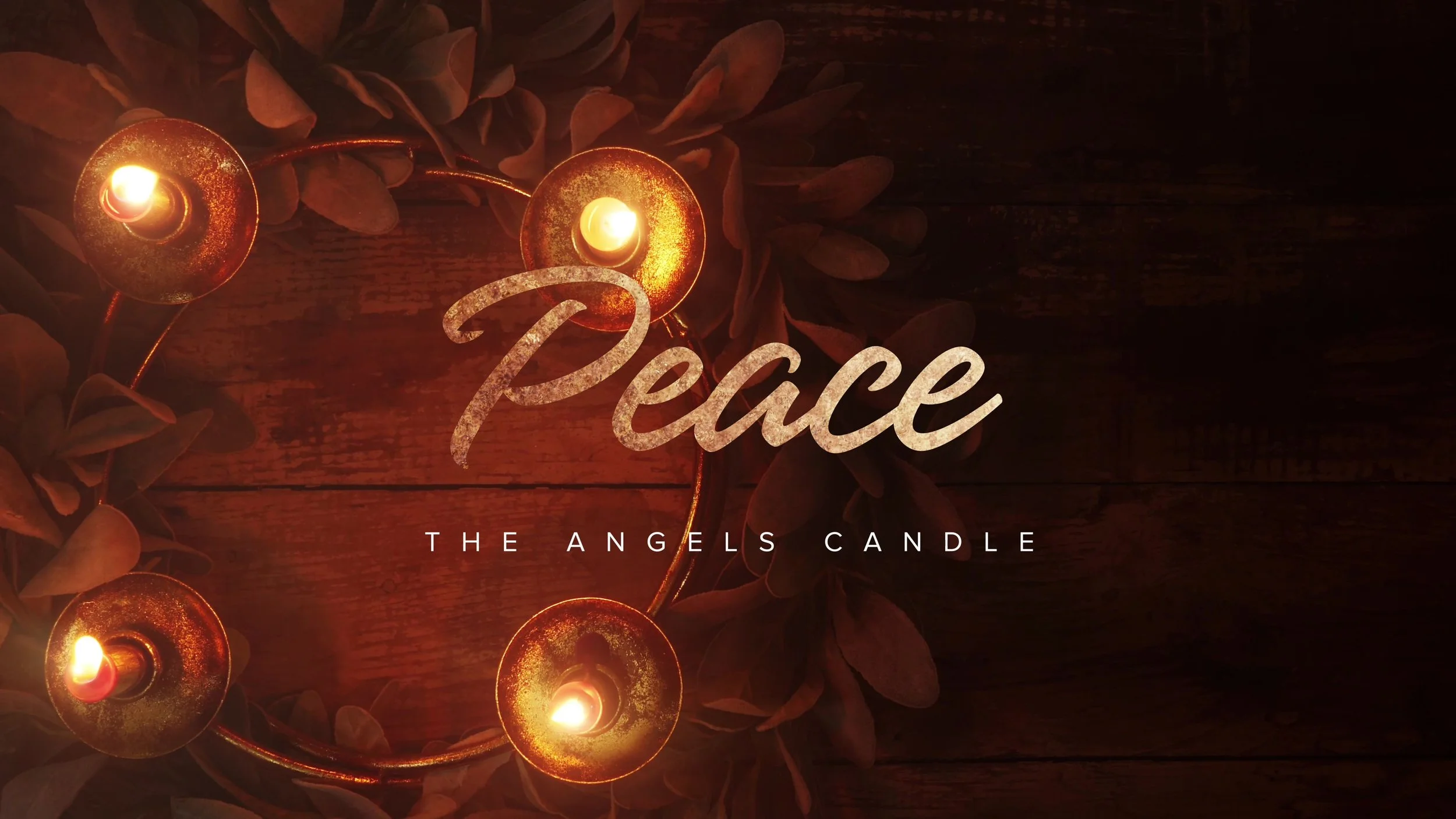Peace
Luke 3:1-6
Peace, shalom in Hebrew, is an important idea in scripture with sometimes disquieting implications for the people of God.
It seems to me that in our world today peace largely refers only to the absence of war or the absence of conflict. It is a limited idea that refers to neighbors, enemies, those living in proximity to one another behaving as they are supposed to – without doing harm to one another. Peace has become a synonym for behaving nicely. When we hear Jesus’ pronouncement of blessing upon those who are peacemakers, some think of those who help maintain the status quo, those who help two or more parties avoid conflict without any sense of reconciliation or restoration of the relationship. The goal of living peacefully is to live in a state of perpetual nicety.
But in the vision of scripture, peace goes deeper than niceness. Peace points to a way of being that reflects the wholeness that God intends for all of creation. It is what Isaiah points to in his vision of the shoot coming from the stump of Jesse. Peace is a way of being that is filled up with the presence of God and so seeks reconciliation that is marked by forgiveness and love. Admittedly, there is a “not yet” quality to this biblical sense of peace. But, there is also an “already” quality to it in that Jesus has come, Jesus lives, dies, and is resurrected. This “already” quality of peace is what Jesus means when he says that the kingdom of God is among us, not tomorrow or on some far off day, but today. I think this is what he also points to when he teaches, “You have heard it said, ‘An eye for an eye and a tooth for a tooth.’ But I say to you, do not resist an evildoer. But if anyone strikes you on the right cheek, turn the other also; and if any one wants to sue you and take your coat, give your cloak as well; and if any one forces you to go one mile, go also the second mile” (Matt 5:38-41).
Some would respond to these suggestions about peace and the kingdom of God by saying that such ideas are only impractical idealism. The world doesn’t work that way and we cannot live in the world as if it is that way. John’s call to repentance is to live in the world with a focus on the peace of God, revealed in God’s kingdom.
Reflection Questions:
Do you find yourself wishing you had more time before Jesus returns, or can you say “Come Lord Jesus” without hesitation?
What crooked ways might our Lord want to make straight in you? What obstacles have you placed in front of him that he needs to remove so that you can more joyfully anticipate his return?
How can repentance and the knowledge that we are forgiven through Christ help us more fully live in God’s peace?

